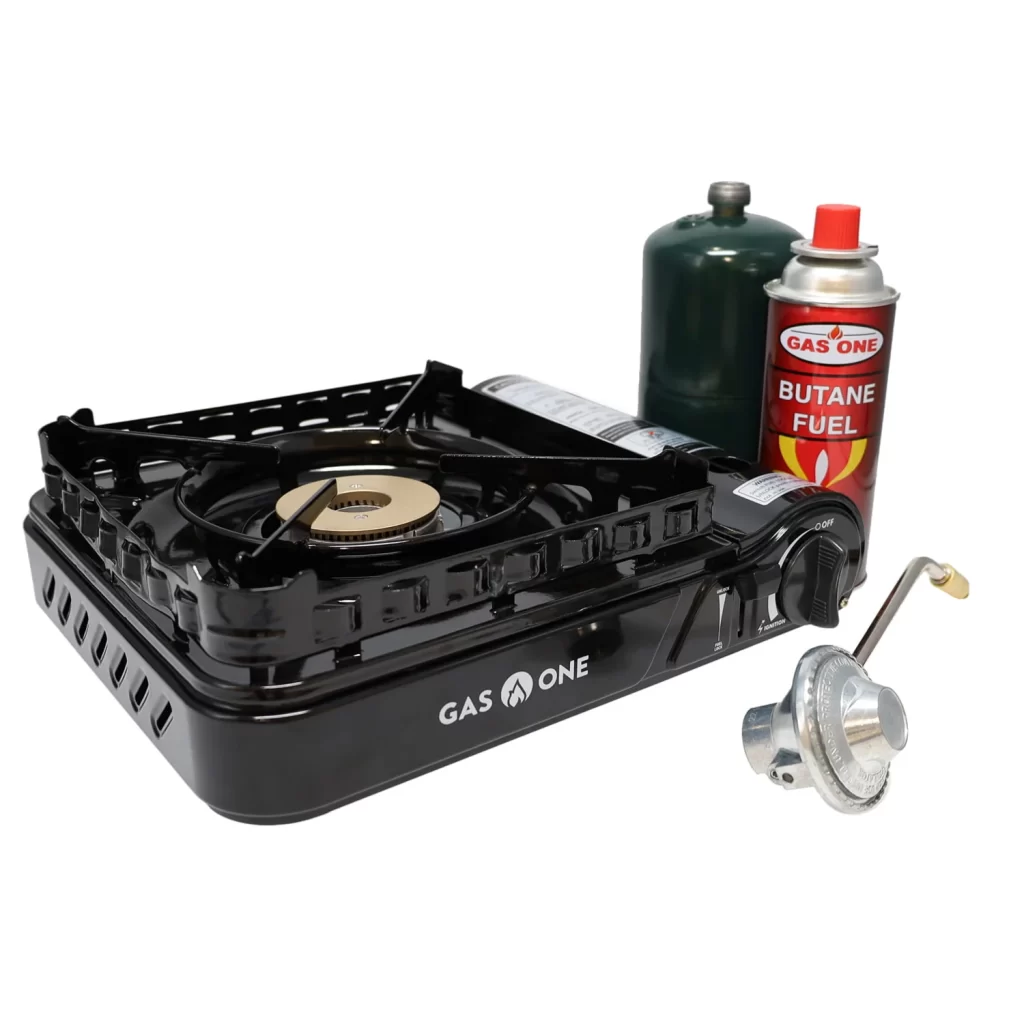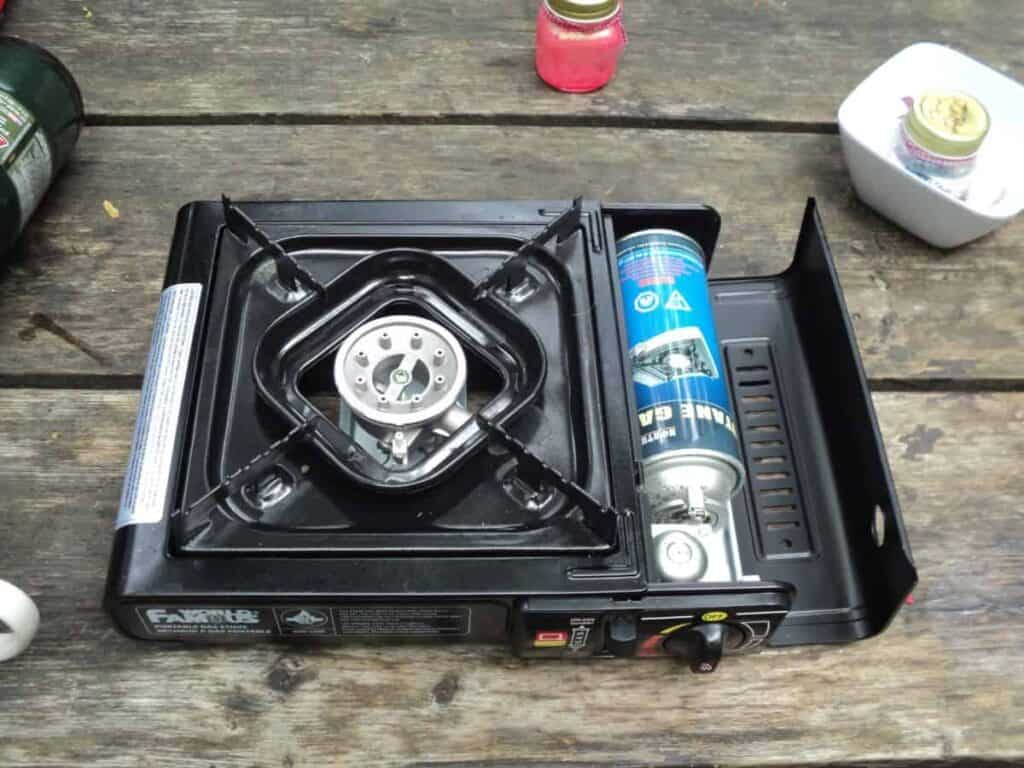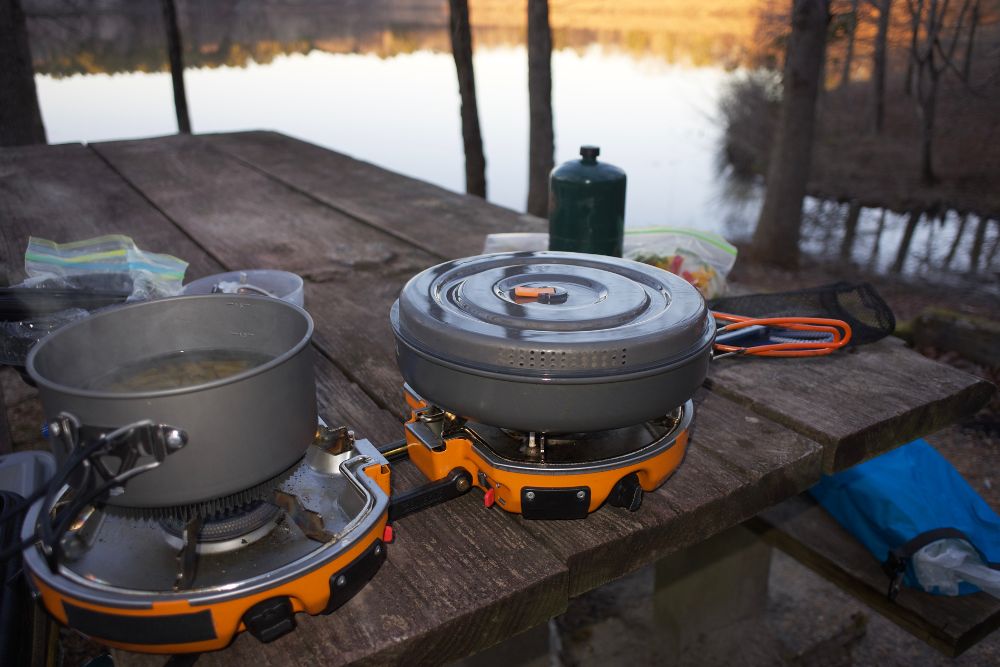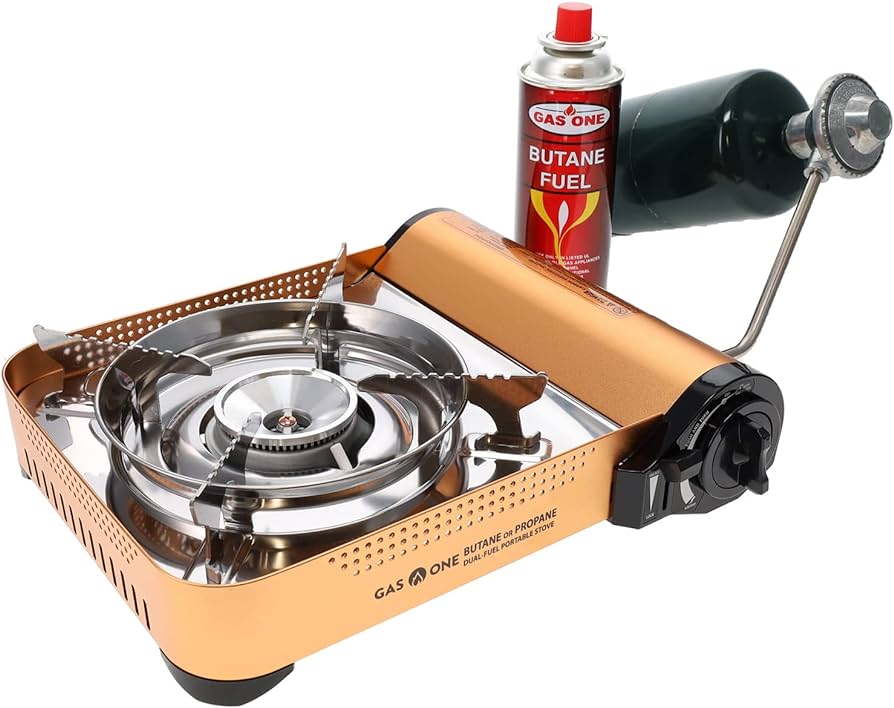Butane vs Propane Stove: Which is the Better Option?
I. Introduction
Portable stoves have become an essential tool for outdoor cooking and emergency situations. They provide a convenient and efficient way to prepare meals on the go, allowing people to enjoy hot food even when they are far away from their kitchens. In this article, we will explore two popular fuel options for portable stoves: butane and propane.
II. Understanding Butane Stoves
A. Advantages of Butane Stoves
- Portability and ease of use: Butane stoves are compact and lightweight, making them ideal for camping, hiking, and other outdoor activities. They are easy to set up and operate, requiring minimal effort and time.
- Efficiency and consistent heat output: Butane stoves provide an excellent heat source, allowing for quick and efficient cooking. They offer a consistent heat output, ensuring that your food is evenly cooked without any hotspots.
B. Limitations of Butane Stoves
- Cold weather performance: Butane stoves may struggle in extremely cold temperatures. The efficiency of butane fuel decreases in low temperatures, causing the stove’s performance to decline. It is important to plan accordingly and have alternative cooking methods when venturing into cold climates.
- Limited availability of fuel canisters: While butane fuel canisters are widely available in many places, they might be harder to find in remote or less-populated areas. It is essential to ensure you have an adequate supply of fuel or consider alternative fuel sources if you plan to use a butane stove in such locations.
III. Exploring Propane Stoves

A. Advantages of Propane Stoves
- Versatility in various weather conditions: Propane stoves are known for their excellent performance in different weather conditions. They are not affected by low temperatures and can provide a consistent heat source even in freezing conditions, making them a reliable choice for outdoor cooking in colder climates.
- Easy availability and wide range of fuel options: Propane fuel is readily available in most locations, including camping stores and hardware stores. Additionally, propane can be purchased in various quantities, from small canisters to larger tanks, allowing users to choose the option that best suits their needs.
B. Limitations of Propane Stoves
- Bulkier size and weight compared to butane stoves: Propane stoves are typically larger and heavier than their butane counterparts. This can be a drawback for those looking for a more compact and lightweight option for their outdoor adventures.
-
Slightly lower heat efficiency: Propane stoves may have a slightly lower heat efficiency compared to butane stoves. However, the difference is often negligible and does not significantly impact the overall cooking experience.
IV. Choosing the Best Option for Your Needs

A. Considerations for Portability and Ease of Use
When deciding between a butane stove and a propane stove, it’s important to consider their portability and ease of use. Here are some factors to evaluate:
- Evaluating the Size, Weight, and Transportation of Butane and Propane Stoves
- Size: Butane stoves are generally smaller and more compact compared to propane stoves. They are designed to be lightweight and easily portable, making them ideal for backpacking trips or picnics.
- Weight: Butane canisters are lighter than propane tanks, making butane stoves a preferred choice for those seeking a lightweight option.
- Transportation: Both butane and propane stoves can be transported easily, but their size and weight will affect the convenience factor. Consider the space available in your car or backpack when deciding which stove is more suitable for your needs.
- Assessing the Ease of Setup and Operation
- Butane Stoves: These stoves typically have a simple and straightforward setup process. They often come with an adjustable flame control knob and an easy ignition system, allowing for quick and hassle-free operation.
- Propane Stoves: While propane stoves require some assembly, they usually have more features and options for customization. They may have multiple burners or attachments like griddles or grills, providing versatility in cooking options.
B. Performance in Different Weather Conditions

Another important factor to consider when choosing between butane and propane stoves is their performance in different weather conditions:
- Comparing the Cold Weather Performance of Butane and Propane Stoves
- Butane Stoves: Butane canisters can struggle to maintain consistent pressure and heat output in colder temperatures. They may become less efficient or even fail to ignite in freezing conditions.
- Propane Stoves: Propane stoves perform better in colder weather conditions, as the pressurized propane gas is less affected by extreme temperatures. They are more reliable and provide consistent heat output, making them a preferred choice for winter camping or colder climates.
- Determining the Adaptability to Extreme Temperatures
- Butane Stoves: High temperatures can affect the performance of butane canisters, potentially leading to reduced fuel efficiency or even canister rupture. It is important to store and use butane stoves within recommended temperature ranges.
- Propane Stoves: Propane stoves can handle a wider range of temperatures, making them more adaptable in extreme heat or cold. They are built to withstand high pressures and temperatures without compromising performance.
C. Fuel Availability and Cost

Consider the availability and cost of fuel options when making a decision between butane and propane stoves:
- Availability of Butane and Propane Canisters in Various Locations
- Butane Canisters: While butane canisters are widely available, their availability may vary depending on the region. It’s essential to ensure a sufficient supply of butane canisters for your trips or emergencies.
- Propane Canisters: Propane canisters, on the other hand, are more readily available and can be found in various outdoor stores, camping facilities, and even gas stations.
- Comparing the Cost and Availability of Fuel Options
- Butane Fuel: Butane canisters tend to be costlier compared to propane, especially in some remote locations where they may need to be imported. Consider the long-term cost implications if you plan to use your stove frequently.
- Propane Fuel: Propane is generally more cost-effective, offering a larger amount of fuel for a lower price. It is a popular choice for those who cook outdoors regularly or require a reliable emergency cooking source.
V. Conclusion
When deciding between a butane stove and a propane stove, consider your specific needs and priorities. Evaluate the portability, ease of use, cold weather performance, adaptability to extreme temperatures, fuel availability, and cost of each option. Understanding these factors will help you make an informed decision and choose the best stove for your outdoor adventures or emergency preparedness. Whether you opt for the compact and lightweight butane stove or the versatile and reliable propane stove, both options provide reliable cooking solutions for outdoor enthusiasts. Happy cooking!

